The US has doubled its reward for information leading to the arrest of Venezuelan President Nicolás Maduro to $50 million (£37.2m), accusing him of being “one of the largest narco-traffickers in the world.”
President Donald Trump has long criticized Maduro, who secured another term in January after an election widely condemned for alleged vote-rigging. Many in the international community rejected the results.
Attorney General Pam Bondi announced the increased reward, saying Maduro is directly tied to large-scale drug smuggling operations. Venezuelan Foreign Minister Yvan Gil dismissed the move as “pathetic” and called it “political propaganda.”
“We’re not surprised, coming from whom it comes from,” Gil said, accusing Bondi of trying to create a “desperate distraction” from headlines about the handling of sex offender Jeffrey Epstein’s case.
Longstanding US-Venezuela Tensions
During Trump’s first term, the US charged Maduro and other top Venezuelan officials with crimes including narco-terrorism, corruption, and drug trafficking. The Department of Justice claimed Maduro partnered with Colombian rebel group Farc to use cocaine as a “weapon to flood the United States.”
In a video posted on X Thursday, Bondi accused Maduro of working with the Tren de Aragua gang—designated a terrorist organization by the Trump administration—and Mexico’s Sinaloa Cartel. She said the DEA seized 30 tons of cocaine linked to Maduro and his associates, with nearly seven tons tied directly to him.
Maduro has consistently denied involvement in drug trafficking.
Crackdown on Maduro’s Allies
Tensions escalated further in June when Hugo Carvajal, Venezuela’s former military intelligence chief, was convicted in the US on multiple drug trafficking charges. Known as “El Pollo” (The Chicken), Carvajal fled Venezuela after urging the military to back an opposition candidate and oust Maduro.
Carvajal initially denied the charges but later pleaded guilty, sparking speculation that he struck a deal with US authorities for a lighter sentence in exchange for evidence against Maduro.
Maduro, who took power in 2013 after Hugo Chávez’s death, has faced repeated accusations of suppressing opposition and silencing dissent—often with violence. Despite protests over last year’s contested election, he has maintained his hold on power.
The UK and EU imposed sanctions on Maduro’s government earlier this year following his disputed re-election.
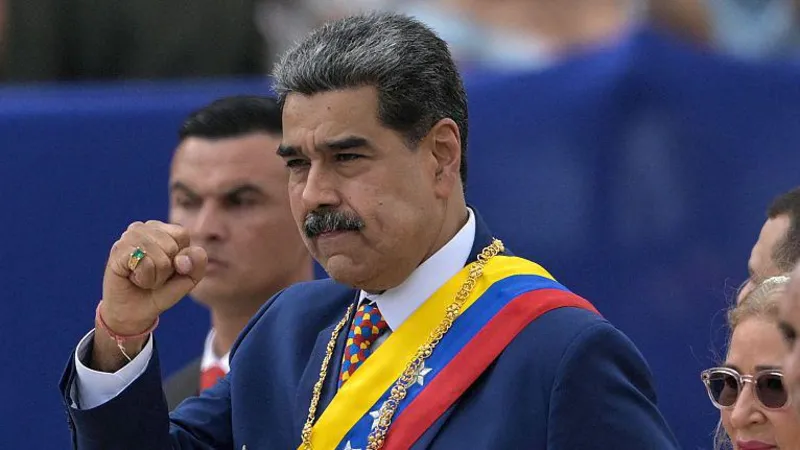

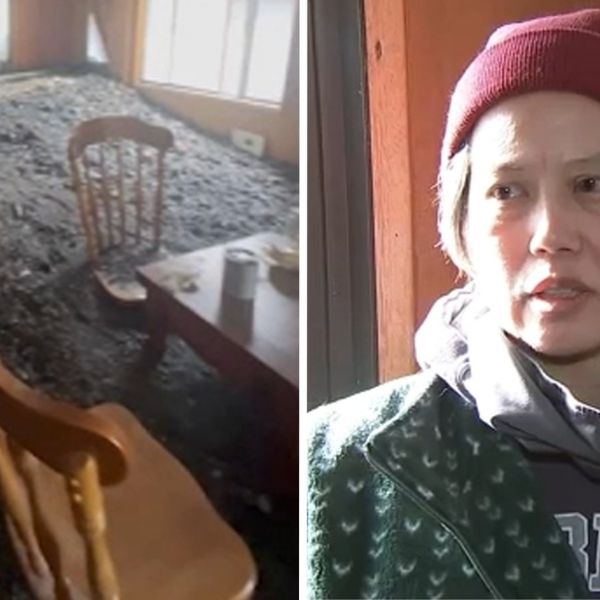
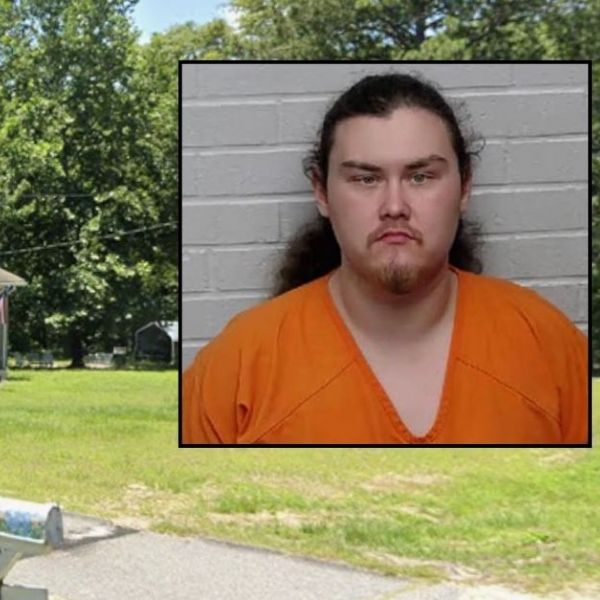
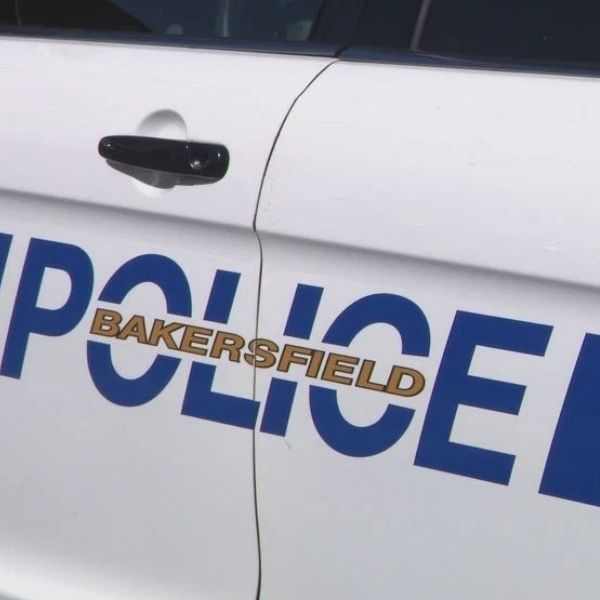
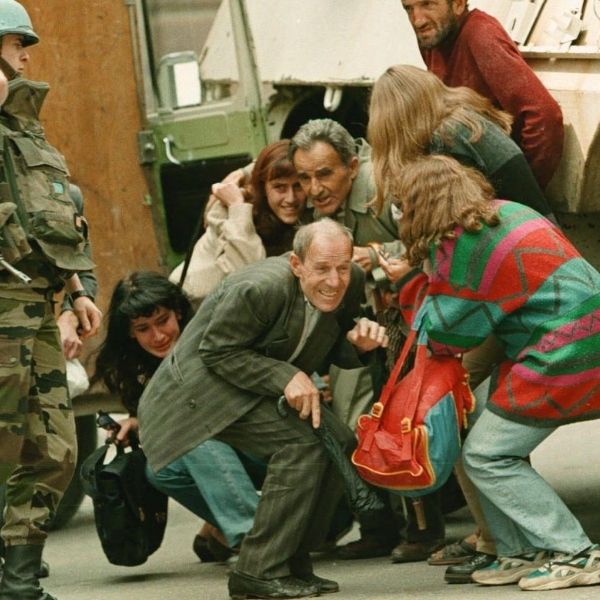


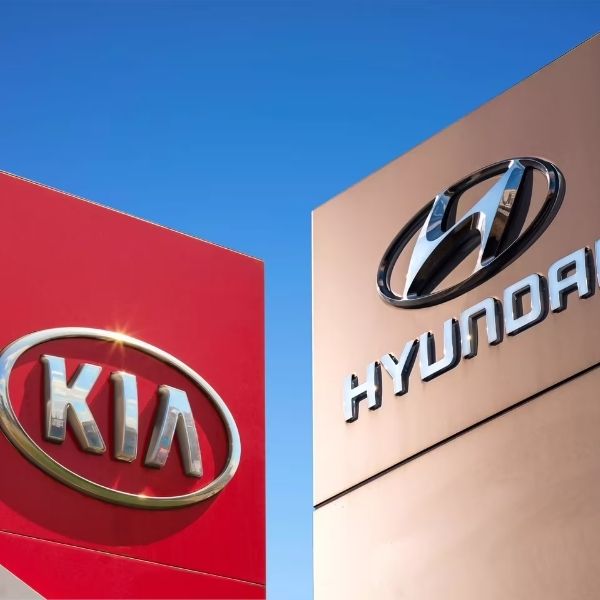
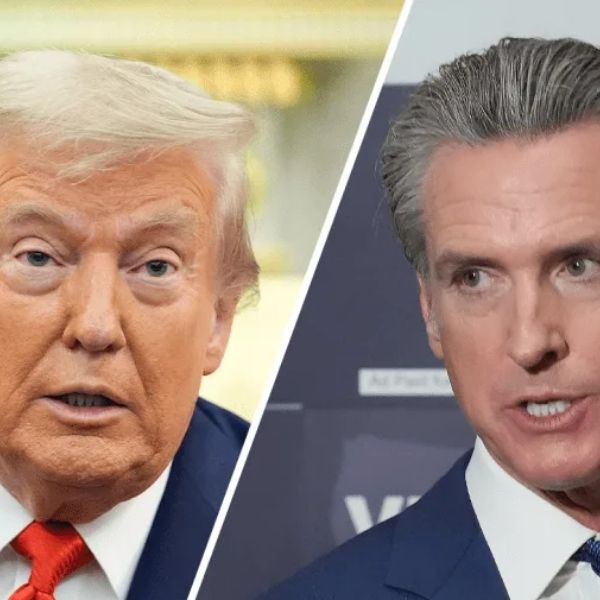





Leave a Reply